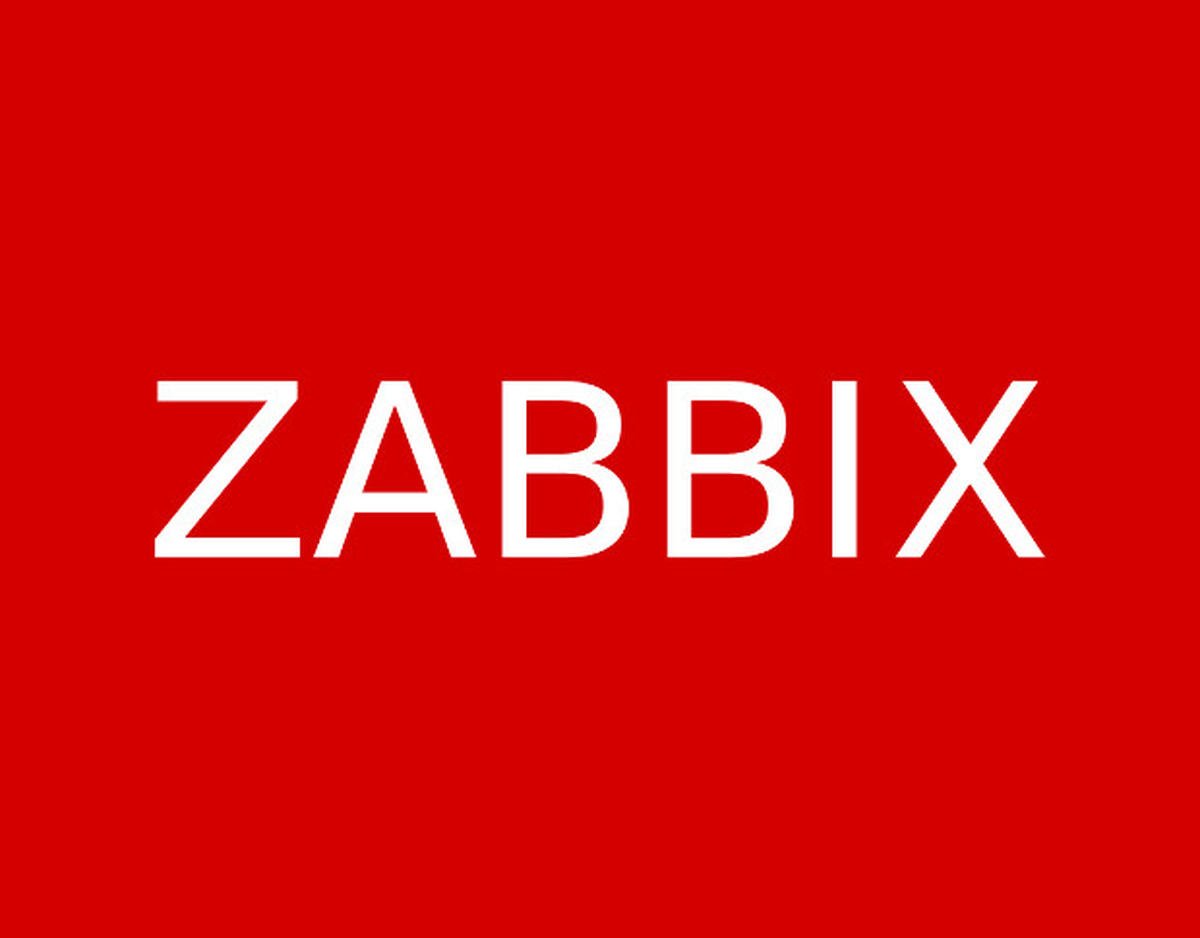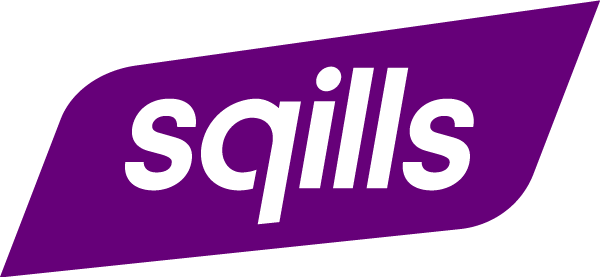
Size: 100-200+ Employees
Industry: Travel
Location: Enschede, Netherlands
Customer Since: 2018
Key Integrations:
 Prometheus
Prometheus
 AWS Cloudwatch
AWS Cloudwatch
 Wazuh
Wazuh
 Grafana
Grafana
 Zabbix
Zabbix
 Terraform
Terraform
Sqills is a travel software company headquartered in the Netherlands. Its flagship product, S3 Passenger, is a cloud-based booking and distribution platform for the bus and rail industry, built on a microservices architecture. The company has been quickly growing worldwide due to its rapid innovation, and the platform’s high availability and reliability for its customers. “We can’t afford to wait to jump into action when our customer notices a problem. Not being able to check in passengers or sell tickets is simply not an option for our clients,” said Robin Breuker, Team Lead Software Development at Sqills.
Manual Processes Delayed Incident Response
Each development team is responsible for monitoring their own microservices, but with an increasingly complex infrastructure and multiple teams working to support S3 Passenger, it became more challenging to mobilize the appropriate teams when incidents arose. This was an issue because the faster Sqills could identify and resolve incidents, the better it could meet its SLAs. Yet teams used Confluence to track on-call schedules and manually alerted teams when incidents occurred, which became more difficult to manage and scale as Sqills grew.
As a result, Sqills faced several challenges, including:
- Delayed incident response times due to manually having to find and notify the right team to fix an issue
- Lack of visibility into the overall health of applications driven by distributed teams using their own monitoring tools
- Teams being notified too often on various alerts, impacting work-life balance
“If you thought something was wrong, you would have to find the right tool and check if there was a real issue. That takes time,” explained Breuker.
A Smoother Ride With PagerDuty
Sqills wanted a better, automated solution, and selected PagerDuty after a thorough evaluation process. “We looked at two other alternatives, but their solutions were not mature and seemed quite basic. In contrast, we were able to quickly configure PagerDuty the way we wanted to, with only a little bit of code,” explained Breuker. Because PagerDuty supports over 350 integrations, the development teams could easily configure and centralize all their monitoring tools onto the platform, using the PagerDuty-Terraform integration.
With PagerDuty, Sqills has seen:
- Streamlined incident management processes using Modern Incident Response and postmortems
- Empowered teams to manage their own schedules and improve their work-life balance through On-Call Management
- Enabled responders to take action from anywhere by leveraging the PagerDuty mobile app, resulting in faster incident response
- Gained more visibility into the application’s health
“You spend less time getting all of the right information and that helps a lot. Using PagerDuty means you spend less of your free time working,” said Breuker.
The Journey Ahead With PagerDuty
Looking forward, the company hopes to explore PagerDuty Analytics to gather more data to better inform decisions and help teams understand their performance. In addition, the company will be looking at how PagerDuty can help engage teams such as product support via stakeholder notifications and other features.
“PagerDuty is really well designed and optimized for what we want to do. It was really easy for us to get started with PagerDuty,” said Breuker.
To learn more about how PagerDuty is helping companies transform their digital operations management in the U.K., U.S., and abroad, visit www.pagerduty.com for more information.
